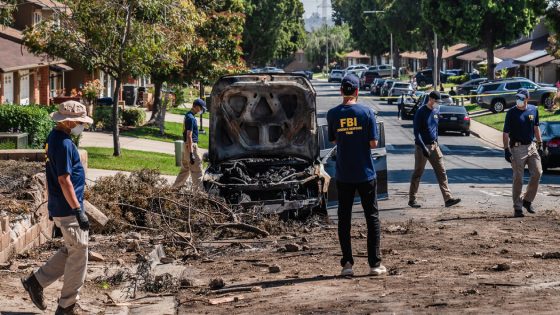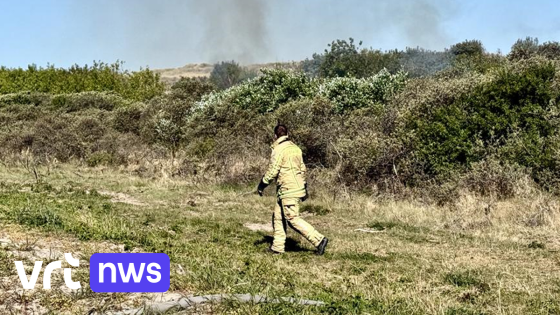On 2025-06-02 14:20:00, a critical communication error occurred in Boom, Belgium, affecting the BE-alert system’s ability to notify residents about a local fire. This incident has raised concerns about the reliability of emergency alerts and the channels used to reach the public promptly.
- BE-alert and crisis center held discussions
- No technical issue caused message failure
- Incorrect channels selected for message dispatch
- 'Mass dissemination' option activated in system
- SMS and email channels not auto-selected
- Majority of residents missed alert notification
Patrick Poppe, the municipality’s communication officer, explained that no technical malfunction caused the failure. Instead, the issue stemmed from incorrect channel selection when sending the alert. Despite the urgency, many residents did not receive the message via SMS or email.
How could such a vital alert system miss notifying the majority of Boom’s population? And what does this mean for future emergency communications? The answers lie in understanding the system’s setup and the communication protocols involved.
This incident highlights important questions about emergency alert effectiveness in Belgian municipalities. Why did the ‘mass dissemination’ option not automatically include SMS and email? Could better training or system design prevent such oversights?
- BE-alert’s ‘mass dissemination’ option requires manual channel selection for SMS and email.
- Only residents linked to the local neighbourhood information network (BIN) received alerts.
- The fire alert was visible on official websites but failed to reach most residents directly.
Moving forward, Boom and other Belgian municipalities must improve BE-alert training and system checks to guarantee timely, widespread notifications. Are we ready to trust emergency alerts fully when every second counts?

































